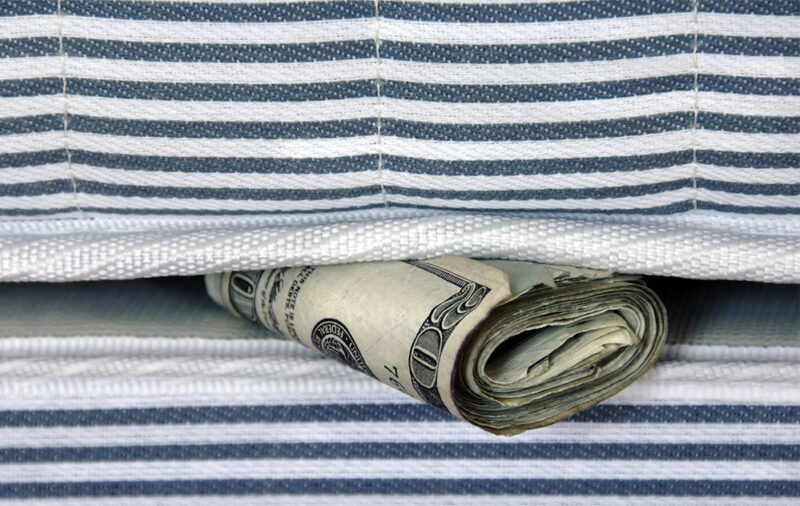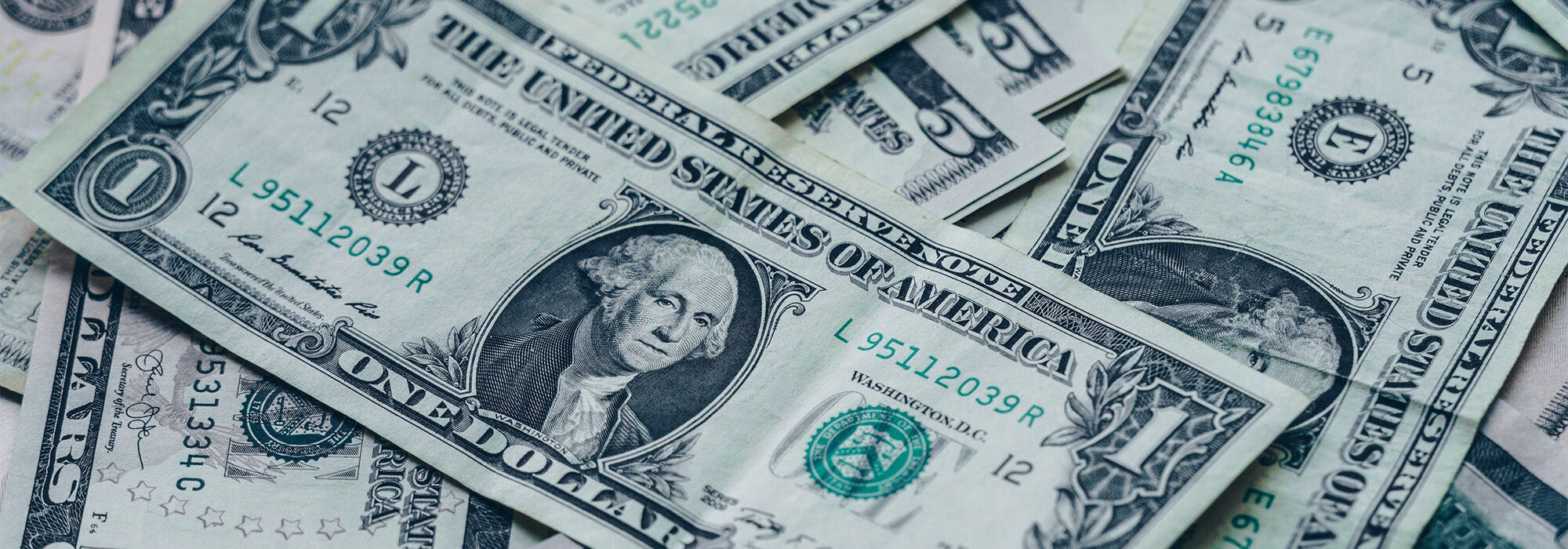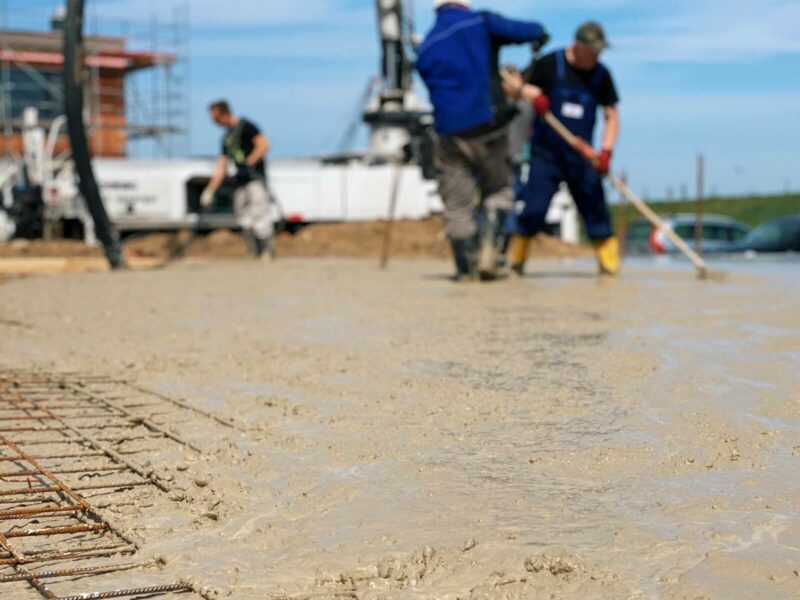Article Excerpt
Homebuyers with cash income can absolutely qualify for a mortgage! Learn the steps to take, what to avoid doing, and much more in this all-in-one guide.
“Paying cash” for a house typically means that someone is buying the home outright (without a mortgage). But sometimes, mortgage borrowers want to use cash as a means to qualify for their mortgage. During the mortgage process, there are several times you may want to use cash: for an earnest money payment, for an option fee, and for the down payment and closing costs.
» READ MORE: Brush up on our must-know mortgage vocabulary list
Receiving cash as your main means of income doesn’t disqualify you for a mortgage. But it can make things tricky. Here’s what you need to know about using cash throughout the mortgage process.
Have cash income and looking to buy a home? Get started on your free mortgage pre-approval now!
Start Your Pre-ApprovalHere’s why cash gets tricky
Lenders have to see a clear paper trail. They have to see exactly where your money came from. For one, they’re legally obligated to this because it fights money laundering and illegal sources of income. Al Pacino may find it difficult to qualify for a mortgage (for obvious reasons).
Why do large cash deposits set off red flags during the mortgage process?
More money in your bank accounts should increase your chances of qualifying for a mortgage, right? Not so much. If a deposit of more than 25% of your monthly income is made within the past sixty days before applying for a mortgage, or after the mortgage process has started, your lender will probably question it. Here are some examples:
- You generate income that the IRS doesn’t know about. If you have a lawn service side hustle, or if you sell an expensive item (like a car), the IRS expects you to share a slice with them.
- Someone’s helping you with a down payment. A large deposit could have come from a family member that just wants to help you make your down payment. But there are rules to follow. The family member has to prove their relationship to you - and if the gift is more than $15,000, they may have to pay taxes on it.
» READ MORE: Gift funds can help with mortgage qualification. Conventional, FHA, USDA, and VA loans all allow the use of gift funds. Learn more about the differences between loan programs.
- It could be a loan. You may have been approved for a credit card or payday loan, taken a cash advance, and deposited it into your account. This is considered fraud. It definitely won’t help you qualify for a mortgage. If this is the case, be upfront and honest with your lender. They’ll find out either way.
- You received money from an interested party. Someone who has a personal financial interest within the homebuying transaction may have given you the money. For example, your real estate agent gives you a few thousand dollars to help make the purchase go through so they can finish the deal and get paid. Although rare, your lender has to watch for it.
The bottom line is this: the IRS wants their cut of your income and your mortgage lender needs to be confident that you’ll be able to make monthly payments on time.
How to explain cash deposits during the mortgage process
Again - if the cash deposits are not unusually large compared to your income history, you probably won’t be questioned. But what if you’re questioned?
Easy! Ask your lender what kind of documentation they need to move forward. If you sold a car, your lender may ask for a bill of sale showing the details of the transaction. Most other cash deposits need to sit in your account for sixty days. This is called “seasoning” your funds.

“Seasoning” your funds: proof for cash income
We’re not talking about paprika; we’re talking about how long you’ve had funds sitting in a bank account. As you’re saving for mortgage expenses, put money into a bank account and let it sit there for at least sixty days. Don’t move your money around to different accounts. Don’t make large withdrawals, and don’t make large cash deposits during the mortgage process.
Some out-of-state borrowers may have trouble getting cashier checks or wiring funds to their lender. In these cases, sometimes it’s easier to open a new account at a local bank. Your lender will still be able to trace your funds from their source.
An established bank account tells lenders a more complete story about the consistency of your finances. Before they give you a large sum of money, they have to calculate the risk of you not being able to pay your mortgage.
It’s important to prepare financially for the next time you plan to apply for a mortgage, regardless of the size of your real estate portfolio. But for real estate investors with multiple mortgages, this is especially paramount to getting approved for your next investment. Alex of SD House Guys expressed that, “Showing a track record of our home purchases, along with letting our funds sit in the bank account for set periods of time, has helped us get approved for additional mortgages.”
What if you operate a cash-driven business?
If you get paid in cash you can still qualify for a mortgage. The most important thing is that your tax returns are accurate.
Restaurant owners, lawn care company owners, babysitters, nail salon owners, and other cash-driven business owners need to take special care to report earnings accurately if they’re hoping to use a mortgage in the future. Even if you’re simply depositing a few hundred dollars of cash into a savings account each month to build up to a down payment, you need to report those savings to the IRS. Otherwise, your lender doesn’t know where that money came from.
Self-employed workers can run into problems with cash. It’s better to have patrons pay with a card. If they pay cash, place it into your bank account. We know that paying taxes isn’t necessarily a fun thing to do - but mattress money won’t ever help you qualify for a mortgage.
Receiving cash as your income isn’t a problem. Just put it into a bank account and report earnings to the IRS to get squared away with your mortgage lender.

If you transfer funds from an already-existing bank account into a brand new account, the funds can still be considered seasoned.
What if you just got a new job?
If you’re a college graduate that just started your first job, or you just moved companies to a different job, a full sixty days of bank statements may not be required. If you have seasoned funds in a savings account from before you started your new job, your credit score is where it needs to be, and your debt is at an acceptable level, you’re on the right track for qualifying for a mortgage.
Can someone else pay on my behalf?
Yes - and no. Always ask your loan officer before asking someone else to write a check for you.
- The “Yes” Scenario: Your dad wants to help you make a down payment. Your lender provides the proper documentation for receiving gift funds, and your dad’s funds are traceable. Your dad writes a letter to the lender explaining who he is and what his gift is for.
FHA loans offer a wider range of people that can help you with gift funds. Your mortgage adviser will help you through this process.
- The “No” Scenario: Your real estate agent offers to write a check to the mortgage company for you, and you pay the agent in cash. This should never happen, as others involved in your home transaction cannot be involved in providing funds.
Can you pay a mortgage with cash each month?
Making monthly mortgage payments with cash is basically unheard of. Homeowners make payments by automatic direct withdrawals from their checking accounts, by mailing in checks, and sometimes by credit card.
The Rundown
Here’s the basic rundown of the do’s and don’ts when it comes to paying mortgage dues with cash:
- Don’t move money from account to account.
- Make sure funds are seasoned (60 days in a bank account).
- Don’t use cash advances from credit cards or other loans.
- Don’t give someone else cash and have them write a check.
- If you’re paying by money order, you must show that you withdrew that money from your own bank account.
- Money held in safe deposit boxes isn’t any different than using cash from any other source.
- Gift funds from family members may be allowed, but you still need to show a proper paper trail.
Questions?
We help all kinds of homebuyers through the mortgage process. If you’re self-employed (or, if you aren't!), we’d be happy to answer your questions. Get started on a free pre-approval now.



